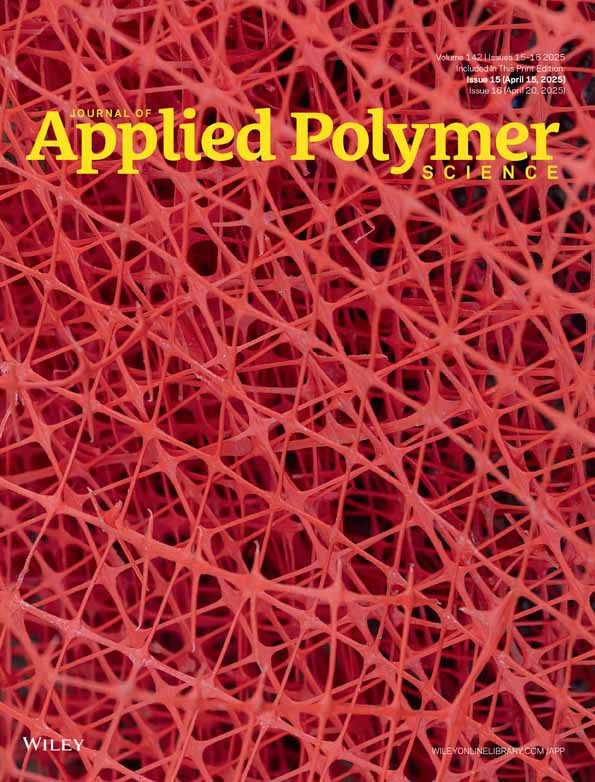Mussel-Inspired Surface Chemistry Constructed Monodispersed Core-Shell Poly(Dopamine)-Modified PS/Ni Metal Composite Microspheres for the Low Cost and High Reliability
Funding: The authors appreciate the financial support from the Jilin Province Science and Technology Development Plan Project (20240602019RC).
ABSTRACT
In this study, polydopamine (PDA) was used to modify polystyrene/nickel (PS/Ni) metal composite microspheres prepared by chemical plating technology to obtain PDA@PS/Ni microspheres with a size of 2.45 μm. These microspheres were added to a polyurethane pressure-sensitive adhesive (PSA) matrix, and each anisotropic conductive adhesive (PDA@PS/Ni-ACA) was ultimately obtained by rapid UV curing under room temperature conditions. The effects of different loading amounts on the prepared PS/Ni metal composite microspheres were investigated, and the differences in dispersibility, electrical properties, and mechanical properties between PDA@PS/Ni-ACAs and PS/Ni-ACAs were discussed. Scanning electron microscopy (SEM), thermogravimetric analysis (TGA), high resistivity measurements, and X-ray photoelectron spectroscopy (XPS) were used to characterize the metal composite microspheres and ACAs. When the PDA@PS/Ni content was 3 wt.%, the resistivity was found to be 1.3 × 10−4 Ω cm, which is 15 orders of magnitude lower than that of pure PSAs PDA@PS, and the tensile strength was as high as 16.21 MPa. The tensile strength of pure PSA is 18.13 MPa, which is higher than that of heat-cured PSA. In addition, the conductive adhesive maintains its anisotropy when the PDA@PS/Ni content is increased to 30 wt.%. These findings will help to expand the application of ACAs in the electronic packaging industry.
Conflicts of Interest
The authors declare no conflicts of interest.
Open Research
Data Availability Statement
The authors do not have permission to share data.




